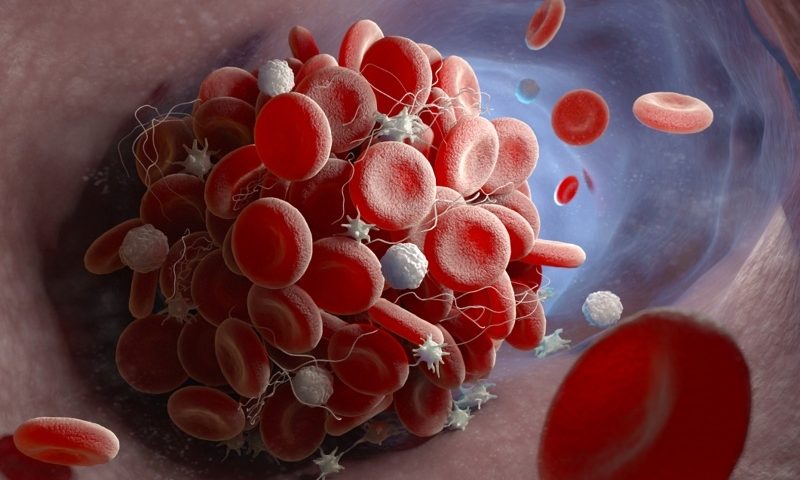There’s a pivotal trial in the offing for Pfizer and Sangamo’s hemophilia A gene therapy, but, in the meantime, the duo is unveiling updated phase 1/2 data. The highest dose of the treatment helped patients make functioning blood-clotting factors for a sustained period, underlining its potential to free hemophilia A patients from lifelong treatment.
The study tested four dose levels of the gene therapy, known as giroctocogene fitelparvovec or SB-525, in 11 patients with severe hemophilia A. The updated data, presented Thursday at a virtual session of the World Federation of Hemophilia World Congress, are from the five patients who received the highest dose, 3e13 vg/kg.
People with hemophilia A make a faulty version of a blood clotting factor called factor VIII or too little of it. A one-and-done treatment that restores their ability to make factor VIII would free patients from lifelong treatment that requires regular infusions of the clotting factor.
All five patients on the highest dose showed sustained factor VIII activity, meaning they produced functioning versions of the protein over a sustained period of time—more than one year, in the case of one patient. The data build on results presented at the American Society of Hematology meeting last December, where the longest-treated patient showed sustained factor VIII activity up to 44 weeks.
“These follow-up data indicate that treatment with giroctocogene fitelparvovec resulted in sustained factor levels up to 14 months following treatment and suggests the potential of this investigational gene therapy to alleviate the treatment burden of current hemophilia disease management,” Sangamo Chief Medical Officer Bettina Cockroft, M.D., said in a statement.
The gene therapy was “generally well tolerated,” with one of the five patients reporting treatment-related low blood pressure, fever, headache and tachycardia, an abnormally fast heart rate. Those symptoms were resolved within 24 hours, the companies said.
The study reported no other serious treatment-linked side effects. Four of the five patients had elevated liver enzyme levels, but those were managed with steroids. Pfizer and Sangamo will present more data once all five patients reach the one-year mark post-treatment.
“We are excited that these data affirm previous findings from this phase 1/2 study, and that all five patients have sustained levels of factor VIII activity with no bleeding events or use of factor replacement therapy. We are encouraged by the potential of giroctocogene fitelparvovec to demonstrate longer-term durability, an important element for patients living with severe hemophilia A,” Seng Cheng, chief scientific officer of Pfizer’s rare disease unit, said in the statement.
A phase 3 lead-in study to gather baseline data for the standard of care, factor VIII replacement, is underway, and the companies plan to start a pivotal phase 3 study later this year, Cheng added.
The partners are chasing BioMarin’s hemophilia A gene therapy, which snagged a speedy review tag from the FDA. The agency is expected to make a decision on valoctocogene roxaparvovec, or valrox, by Aug. 21.

